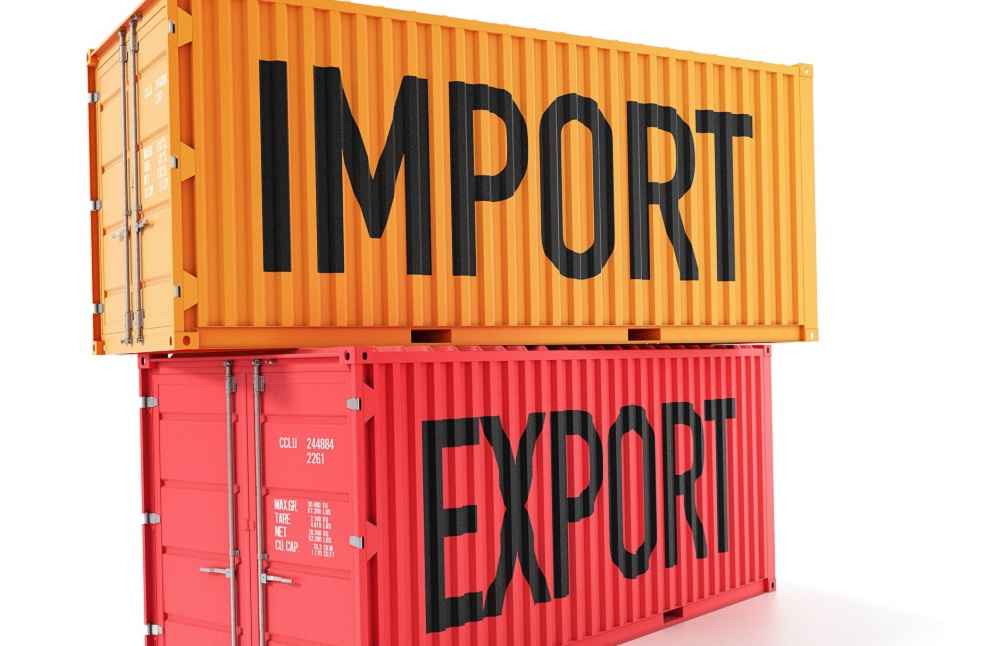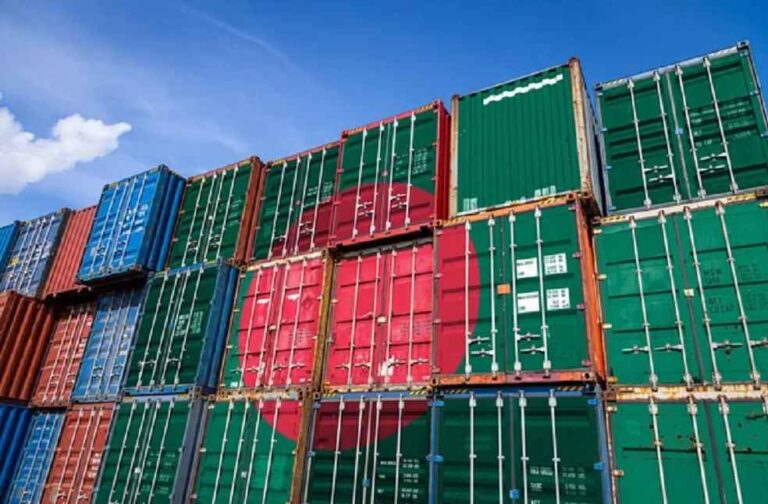The ongoing political and economic turmoil in Bangladesh has severely impacted trade activities between India and Bangladesh, particularly at the Fulbari Indo-Bangladesh border. Import and export operations have suffered significantly, with traders facing mounting challenges as financial instability grips the neighbouring country.
Export activities, including the shipment of boulders and stone chips from India to Bangladesh, have plunged to just 10-15% of their usual levels. The Fulbari Integrated Check Post (ICP), once bustling with cross-border activity, now sees minimal traffic. Few Bangladeshi nationals are entering India on medical visas, leaving exchange counters at the Fulbari land customs station largely idle.
The tourism sector in India has also taken a hit, with a sharp decline in visitors from Bangladesh. Restrictions on tourist visas for Bangladeshi citizens have resulted in significant losses for tour operators in destinations like Darjeeling and Sikkim, compounding the economic fallout.

Brij Kishore Prasad, Secretary of the North Bengal Exporters Association, expressed concerns over the deteriorating situation. “There is no stable government and because of the recent unrest, the situation created a financial crisis in Bangladesh. As a result, a huge amount has been stuck and not getting any response from the counterpart,” he said.
Prasad added that some exporters have sought legal recourse to recover their dues. He welcomed the recent bilateral agreement to resume the trade of rice and boiled rice but called for immediate intervention by the Indian government to normalise import-export operations.
Local traders have echoed these sentiments. Suvankar Naskar, a trader at Fulbari, described the condition of trade as dire. “The number of Indian trucks exporting goods to Bangladesh has decreased, and exchange counters remain empty. Government intervention is urgently needed to address this situation,” he said.

The crisis escalated on August 5 when a student-led movement ousted Bangladesh’s Prime Minister Sheikh Hasina after weeks of protests and violent clashes that reportedly claimed over 600 lives.
Sheikh Hasina, 76, fled to India, and an interim government headed by Nobel Laureate Muhammad Yunus was installed. The unrest, initially sparked by student protests against a government job quota system, quickly evolved into widespread anti-government demonstrations.
The fluid political situation has further strained cross-border trade, leaving Indian exporters and businesses in limbo. As both nations grapple with the fallout, stakeholders are urging swift governmental action to restore stability and facilitate economic recovery.
IMEX SECTOR | Vietnam Boosts Rice Exports to Africa, Tapping Fragrant Rice Demand



